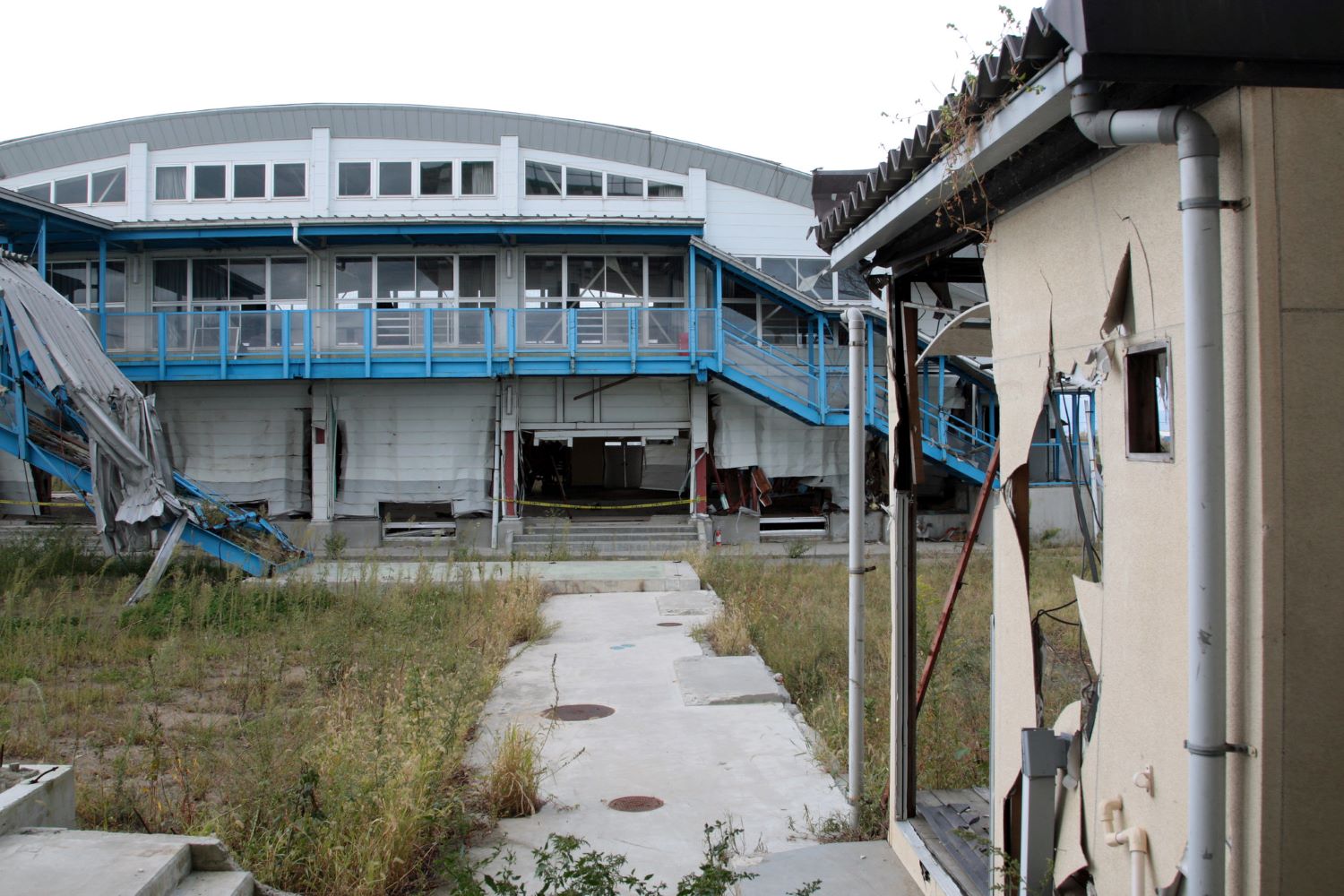I spent last Thursday with Al Gore and dozens of colleagues at the Climate Change Solutions Summit, near Gore's home in Nashville, Tennessee. Gore led several jam-packed sessions, whose common theme was the search for ways out of the impasse on climate change. Some sessions took the long view, searching for clues in the history of the industrial revolution and successful social reform movements. Others, like my own session, focused on concrete steps that can be taken now. I talked about two keys to success for the UN's Copenhagen climate change conference in December, 2009: transparency and accountability, through global public disclosure of CO2 emissions sources; and a strategically-targeted Clean Technology Fund (CTF), focused on making renewable energy cost-competitive with coal-fired power as quickly as possible. The CTF was first proposed by the US, UK and Japan in January, 2008. The World Bank has been assigned temporary management responsibility, but this may not continue after Copenhagen.In the transparency discussion, I cited CGD's CARMA (Carbon Monitoring for Action) website as a first step toward global CO2 emissions disclosure. My CTF discussion highlighted the disconnect between the World Bank's "transformational" rhetoric on climate change and its continued investment in huge coal-fired power plants, as well as its short-sighted proposal to use the Clean Technology Fund as an additional source of money for business as usual. I got a lot of positive feedback, and many participants (including some who may be powerful in a future Democratic administration) expressed dismay at the Bank's continued support for coal-fired power. One powerful Democrat got angry enough to call for shutting down the Bank.During my day in Nashville, I was struck by the contrast with a meeting that I attended at the World Bank several weeks ago. At the invitation of the Bank's senior energy-sector managers, I gave a keynote talk (see one version of the slides here or below) on the Bank's energy policy and its implications for climate change. My talks at the Bank and the Nashville conference both focused on using the Clean Technology Fund to promote cost-competitive renewable power. While the content was similar, the reactions were strikingly different.
The Nashville audience regarded the climate crisis as imminent and potentially fatal, so they viewed a transformational CTF as essential. For most of the Bank's senior energy managers, on the other hand, this idea was clearly more of an annoyance than an inspiration. With some notable exceptions, they expressed "polite interest" while invoking several dismissive mantras: Renewable power is too expensive; trying to "pick winners" (e.g. solar thermal power) is not advisable; and the Bank's poverty-fighting mandate demands the cheapest possible power for poor countries. Rough translation: Coal is and should remain king for a long time in China, India, South Africa and other rapidly-industrializing countries that have major coal resources.
Having visited two different worlds in Nashville and the World Bank, I was struck by the potentially-dire implications for the Bank if the Democrats recapture the White House this year. Some of the Nashville participants were influential Democrats, to put it mildly. They clearly believe that the Bank is defaulting on its proper role as steward of the Clean Technology Fund, and some will probably act on this belief as top officials in the next US administration.Since climate change is my topic, a weather metaphor may help clarify the stakes here. Washington is in the US tornado belt, and violent weather often bears down on DC from the southwest -- the direction of Nashville. Imagine the Bank's senior energy managers in a sound-insulated, air-conditioned room that is disconnected from the environment. Lightening flashes and thunder grumbles in the distance as a violent storm begins forming to the southwest, but they remain unaware. When the storm suddenly breaks overhead, it's too late to do more than dive under a table and hope for survival.In Nashville, I saw such a storm brewing. If it strikes in November, the World Bank may find itself tossed into the dust bin of history. For my many dedicated, hard-working friends at the Bank, I think it may be time to heed Bob Dylan:You don't need a weather manTo know which way the wind blows.
CGD blog posts reflect the views of the authors, drawing on prior research and experience in their areas of expertise.
CGD is a nonpartisan, independent organization and does not take institutional positions.





